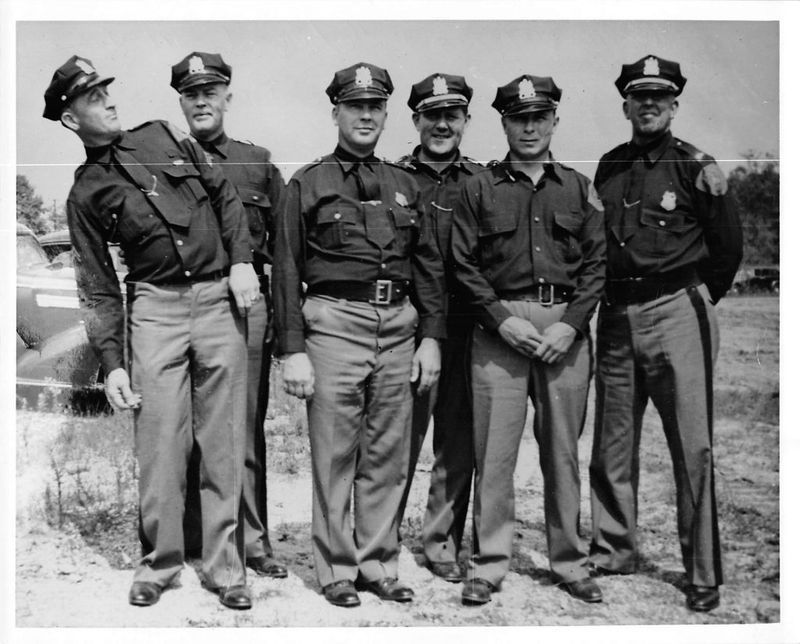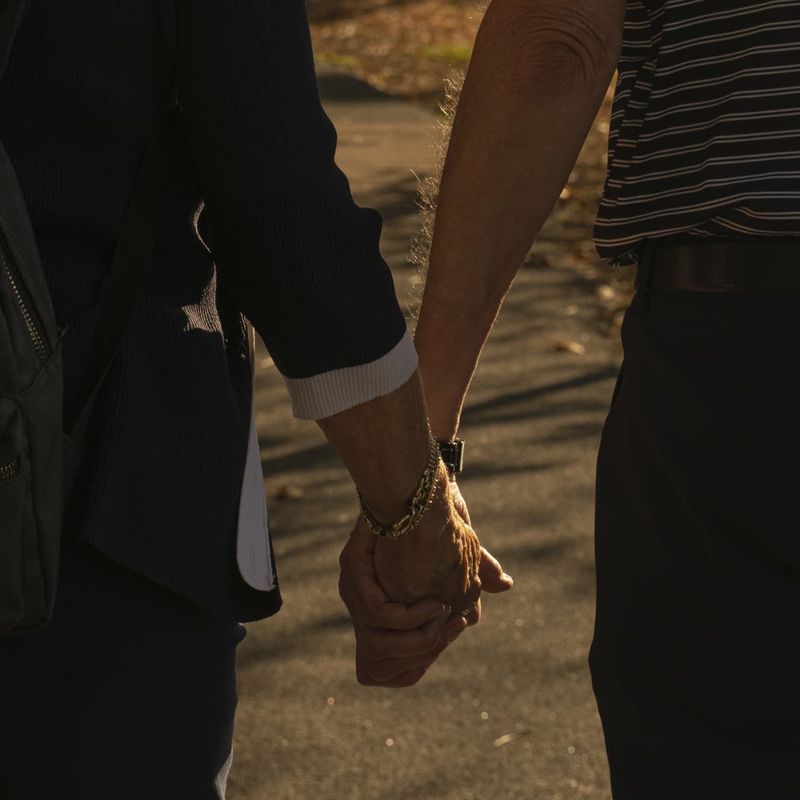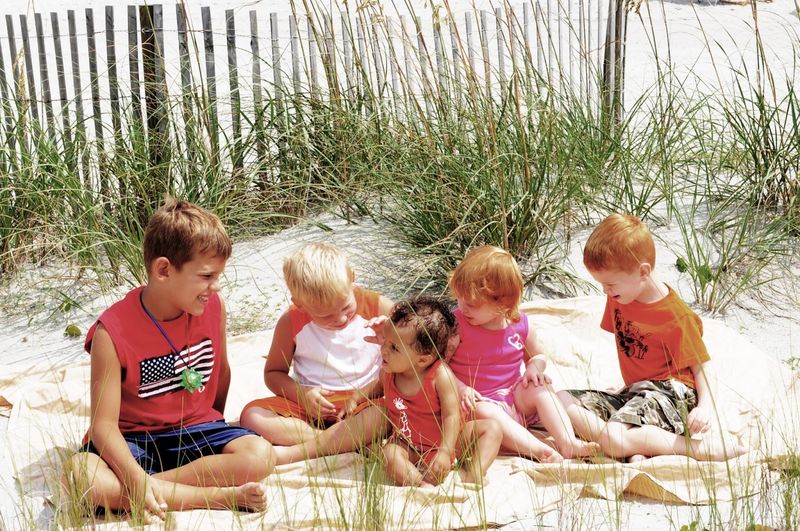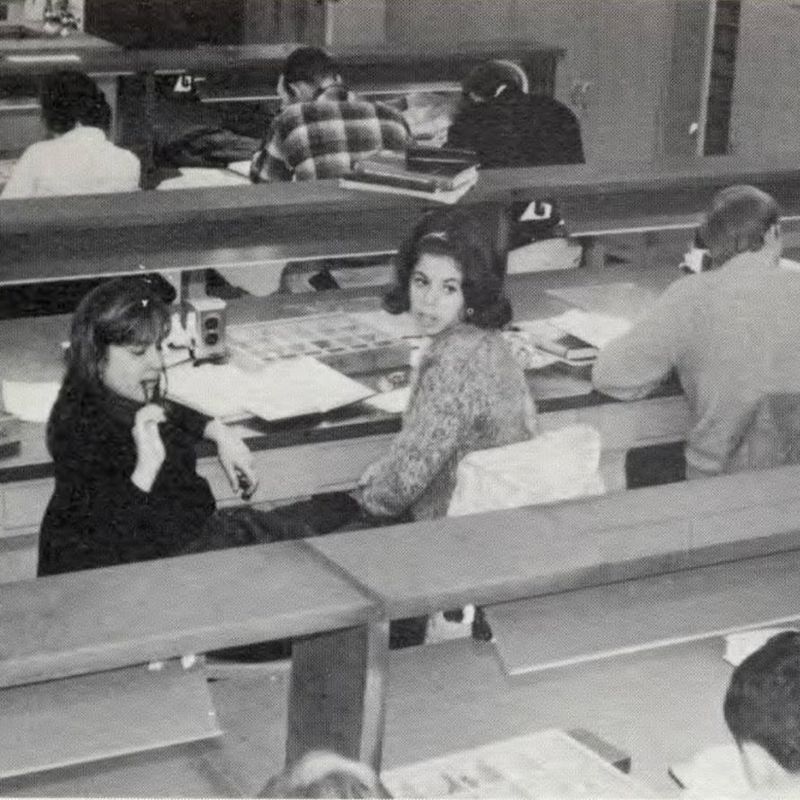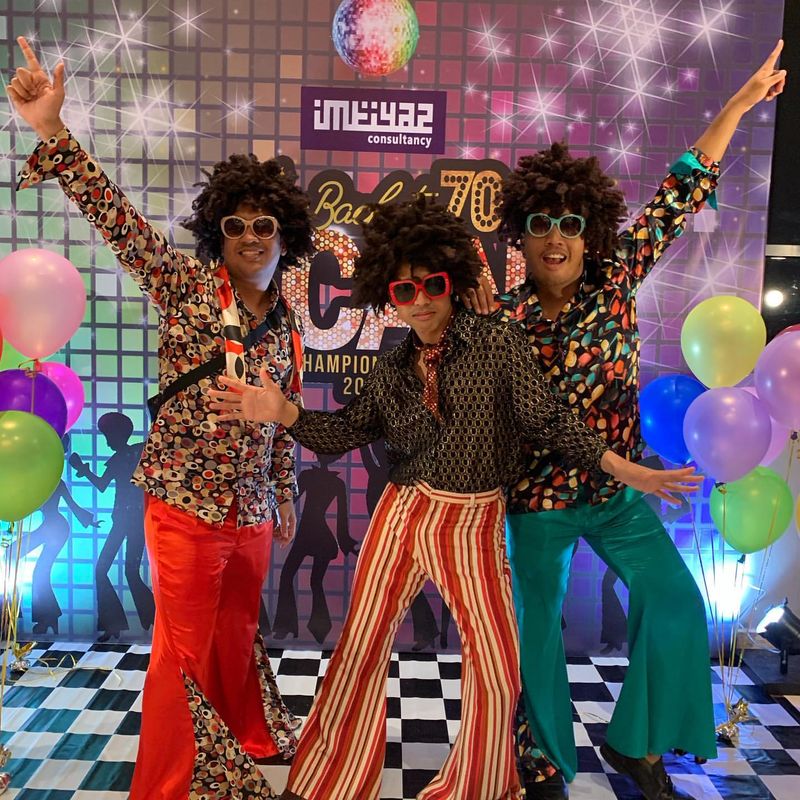The 1970s were a time of freedom, exploration, and vibrant culture. From riding bikes to communication without cell phones, the decade fostered a unique way of living. Here’s a look at the seven aspects that made the ’70s great.
Freedom of Exploration
In the ’70s, teenagers enjoyed a remarkable sense of freedom. Riding bikes through multiple quarries for a fishing adventure was a common weekend activity. The absence of security cameras meant fewer restrictions, allowing young minds to explore the world around them.
Parents trusted their kids to roam freely, encouraging independence and self-discovery. Such liberties seem rare today, yet they were a staple of the ’70s life. This sense of exploration fostered responsibility, as young adventurers learned to navigate their surroundings safely.
Respect for Authority
Respect was deeply ingrained in the ’70s culture. Young people were taught to communicate with authority figures like the police respectfully. This attitude often helped them in tricky situations, as respectful dialogue would often resolve conflicts peacefully.
The past hippie generation, now part of the workforce, maintained a relaxed approach, reducing unnecessary confrontations. This mutual respect allowed for smoother interactions and a community where understanding trumped conflict. In return, teenagers experienced less hassle, fostering a peaceful coexistence.
Dating and Communication
Dating in the ’70s was an art of pursuit and genuine connection. Without cell phones, young romantics had to be courageous and ask someone out in person. This face-to-face interaction built confidence and authenticity.
Dates were thoughtfully planned, often involving shared experiences like going to the movies or enjoying a meal together. The absence of digital distractions meant deeper conversations and a stronger focus on interpersonal connections. This era taught the importance of effort and sincerity in relationships.
Unplugged Vacations
Vacations in the ’70s were truly a time to unwind, free from the relentless reach of technology. With no cell phones to interrupt, people could genuinely detach from work. A day off meant complete freedom to relax and recharge.
Families spent quality time together, often heading to parks or the beach for leisure. This unplugged approach allowed for stronger bonds and memorable experiences. The simplicity of unwinding without digital interference meant people returned to their routines refreshed and re-energized.
Youthful Independence
The ’70s were a time of driven youth, eager to spread their wings and leave the parental nest. Motivated by a strong desire for independence, many young adults sought to establish themselves early.
This drive was evident in their pursuit of education and careers, often balancing jobs while attending college. The era’s affordability made it feasible for many to live independently, instilling a sense of responsibility and achievement. This period of youthful independence laid the foundation for future growth.
Accessible Education
Higher education in the ’70s was far more accessible financially than today. Many students could afford to attend community colleges while working full-time jobs. This affordability extended to universities, allowing broader access to educational opportunities.
Full-time employment often came with health insurance, providing additional security to young adults. Education played a pivotal role in shaping careers and personal growth, as students balanced studies with work responsibilities. This era’s accessibility empowered many to pursue their dreams without the burden of overwhelming debt.
Social Culture and Experimentation
The social scene of the ’70s was vibrant and experimental. High school parties were gatherings where music, laughter, and a sense of freedom thrived. While drinking was common and often encouraged, pot smoking was more discreet and less accepted by older generations.
These social gatherings were spaces of experimentation, where young people explored boundaries and societal norms. Despite some risks, these encounters fostered camaraderie and a sense of identity among peers. The ’70s social culture was a blend of rebellion and community, leaving lasting memories.


